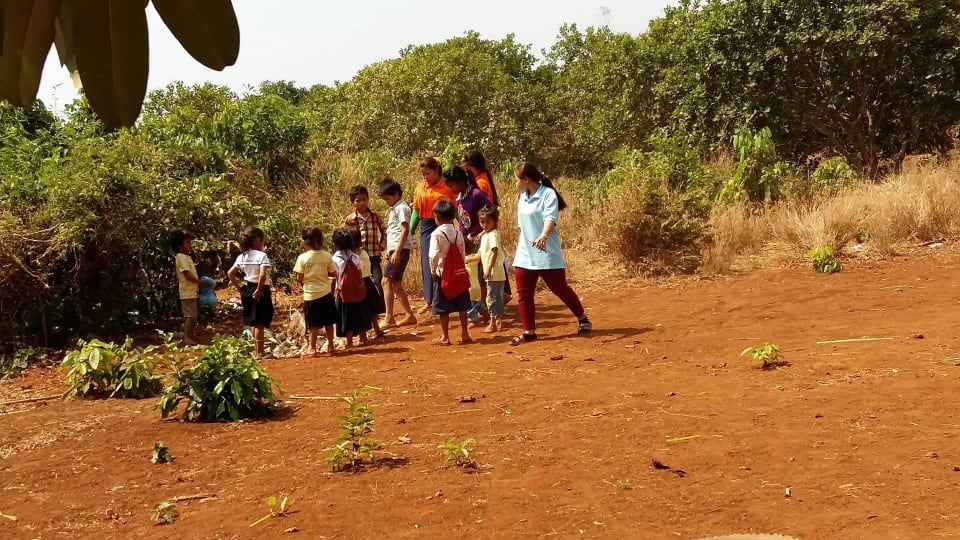We were honoured to premier our latest video, Our Global Children, showcasing the different lives of children around the world, and to hear from Ellie Wilson who spoke about her time volunteering with us in Cambodia and shared the stories of the families she met whose lives have been changed by education. James Knight, Managing Director of Bonhams auction house, hosted our live auction with a range of fantastic prizes on offer.
We are hugely grateful to everyone who attended and supported the event, including table hosts, guests and all those who donated prizes for our live and silent auctions.

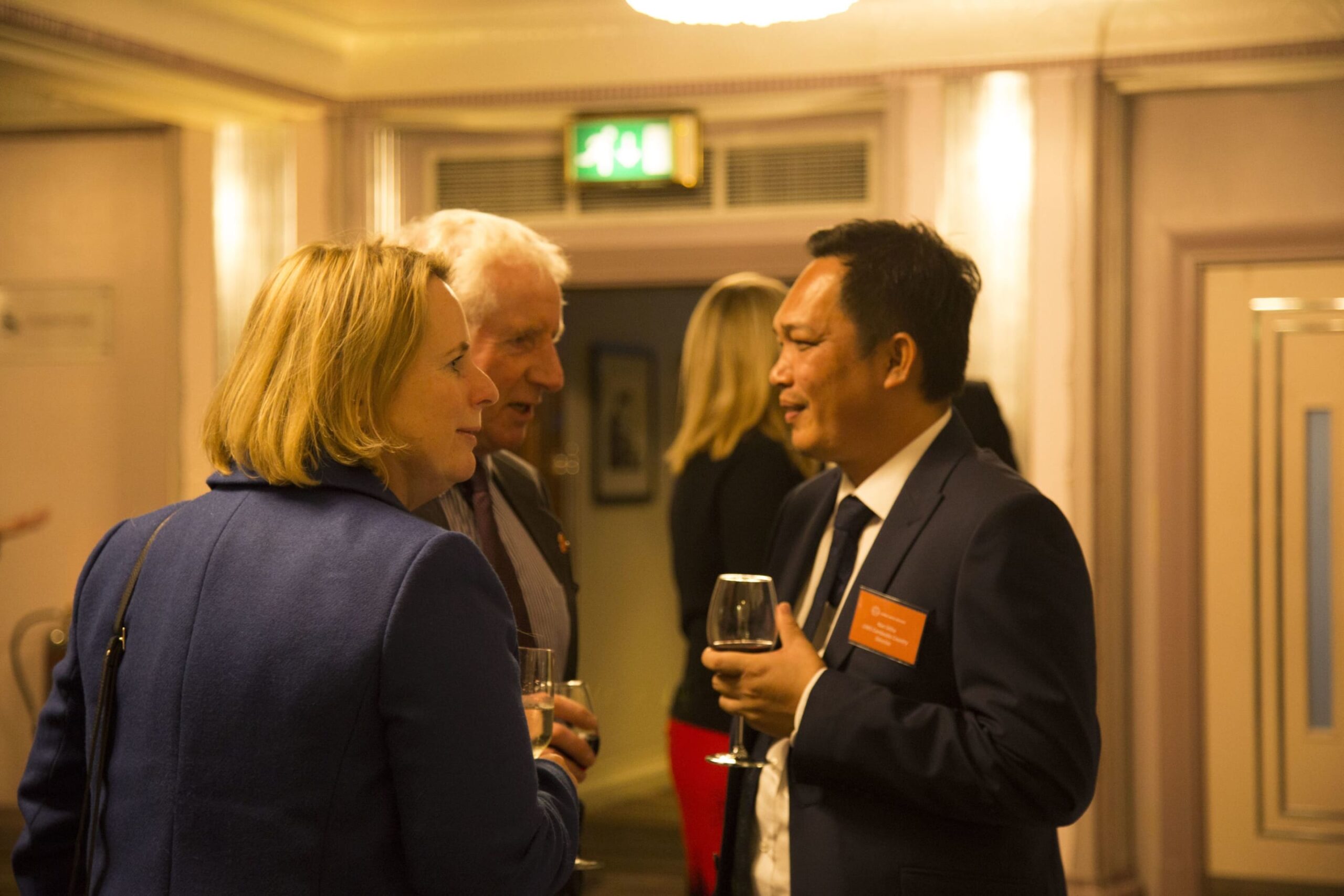
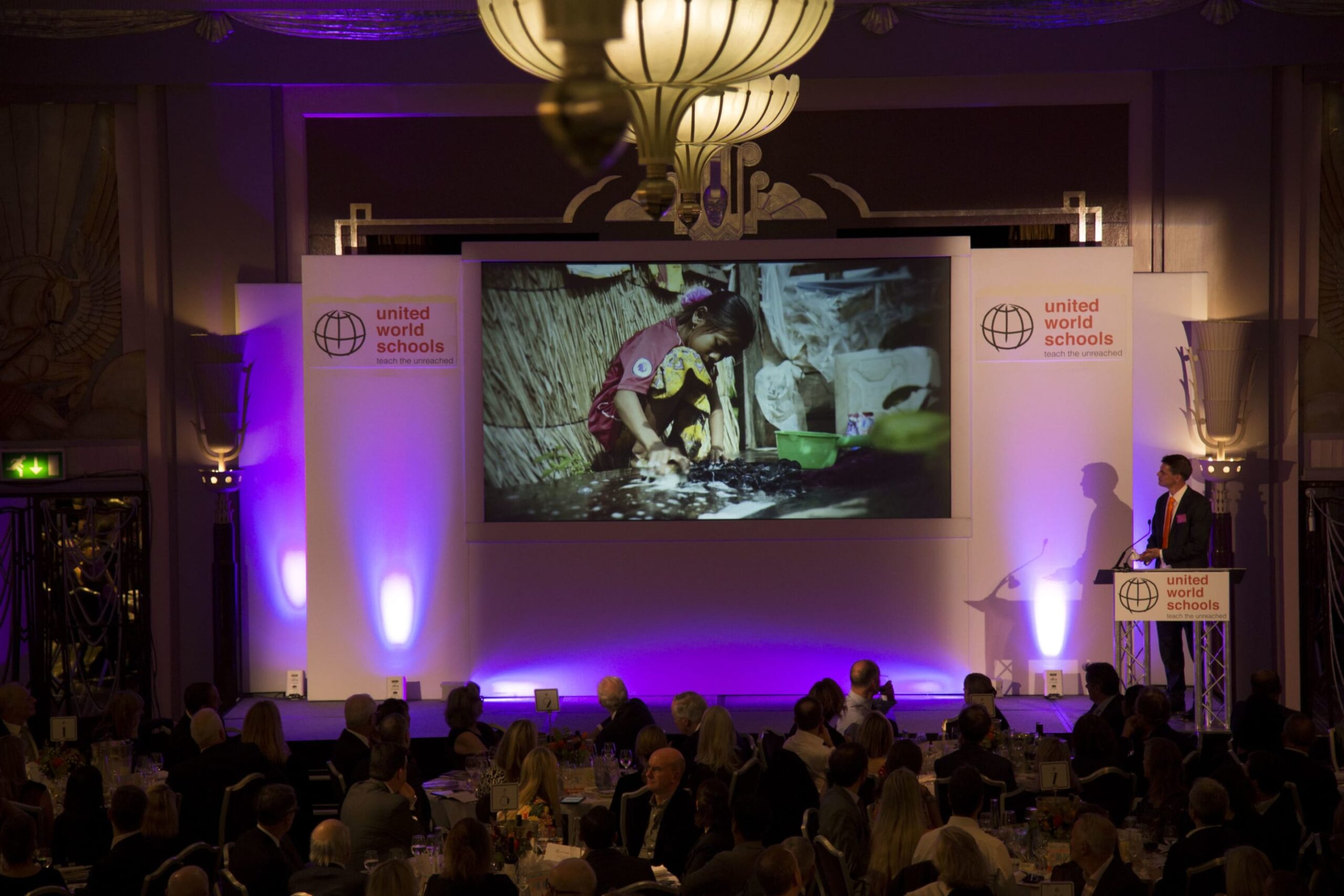
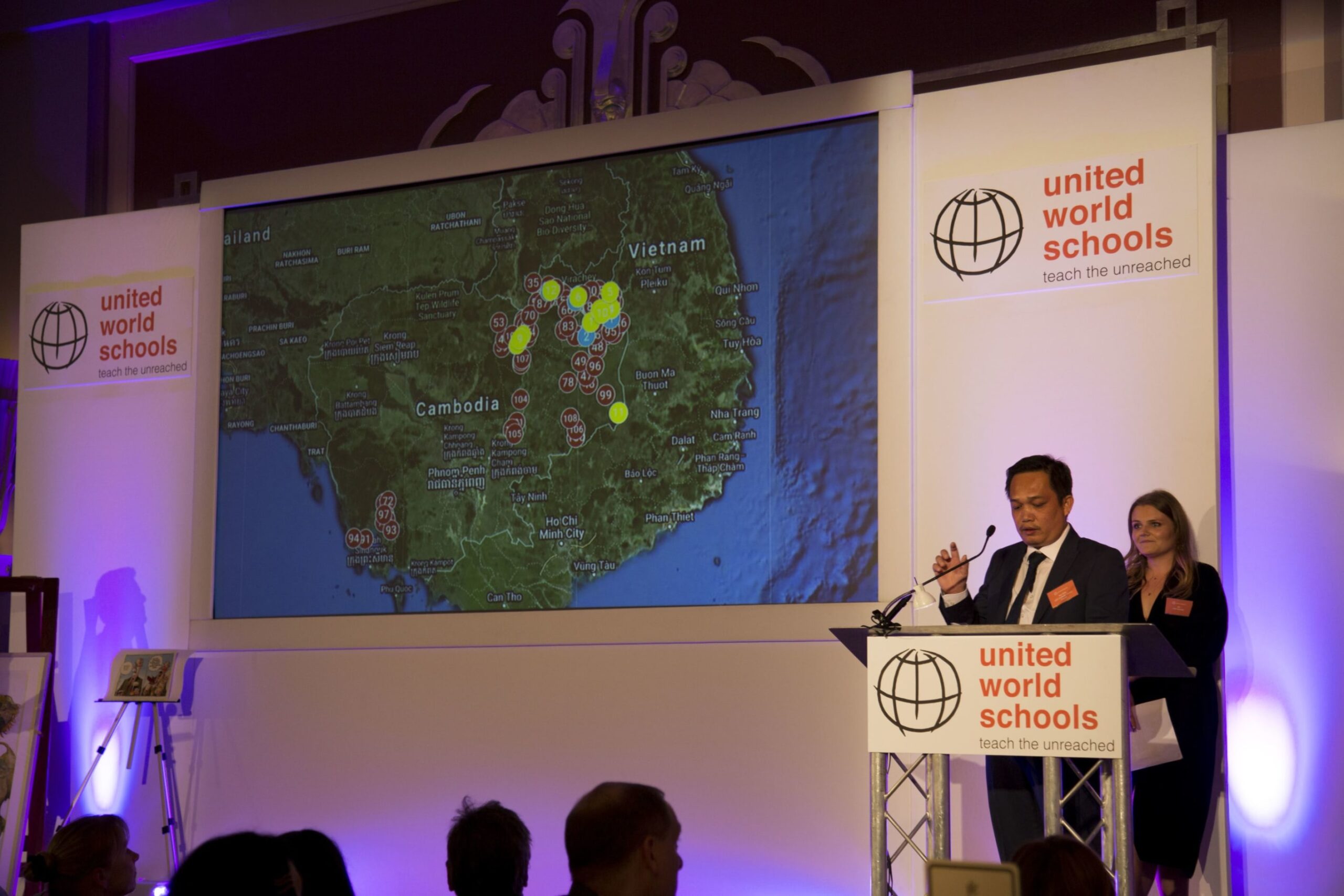
WHY DOES GIRLS' EDUCATION MATTER?
Girls' education is crucial to achieving gender equality.
Attending school can prevent girls from marrying young and starting families at an early age. Instead, education can give girls improved job opportunities and higher lifetime earnings, allowing them to break the cycles of illiteracy and poverty. Plus, education gives women the voice to participate in politics and empower other women.
Girls' education benefits everyone.
There are multiple health benefits to educating women, such as reduced infant mortality. A child born to a mother who can read is 50% more likely to survive past the age of five. What’s more, an educated female population increases a country’s productivity and economic growth.
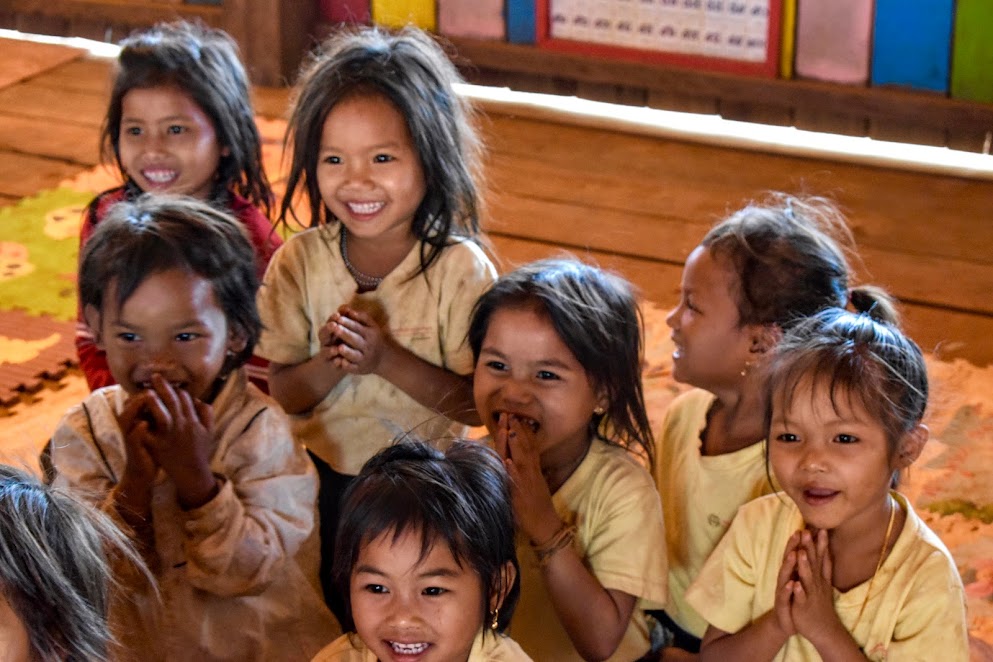
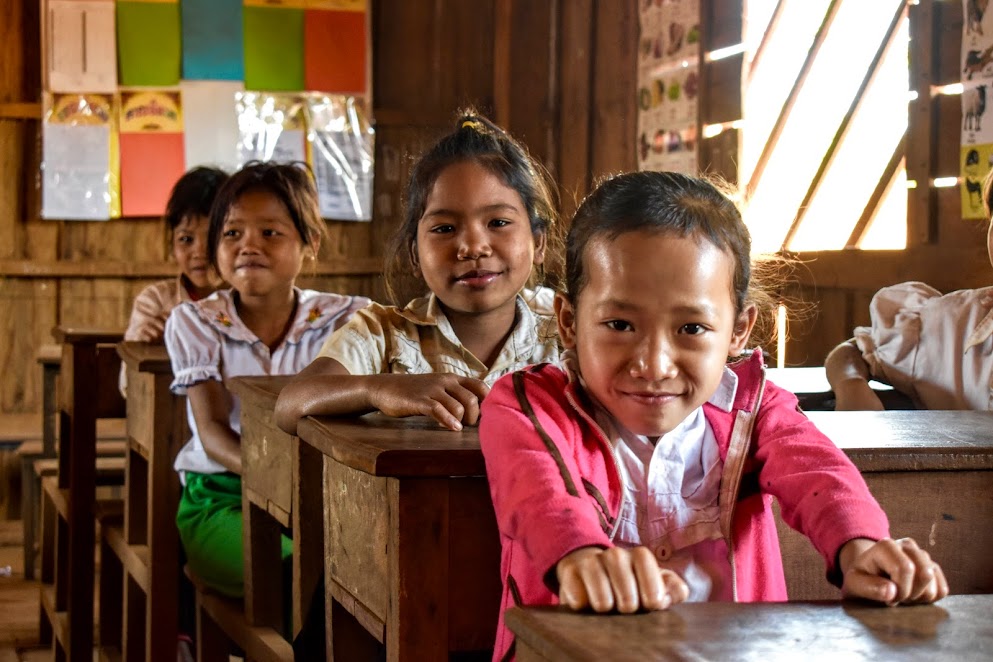
HOW ARE WE HELPING?
We're enrolling girls into our schools…
When we partner with a community in need of a school, we meet with parents and local leaders. Before we commit to a partnership, we make sure they want to send all their children to school, including girls.
...and keeping them there.
Once the school is open, we keep an eye on how many girls are attending. If there don’t seem to be as many as there should, our fantastic Education Officers and School Support Committees work with local communities to enrol girls into our schools.
Then we give them a pathway to secondary school.
As the communities we work with are so remote, often government secondary schools are too far away to walk to every day. So in Cambodia, we’ve built dormitory blocks next to these secondary schools. Girls and boys can stay in these during the week, allowing them to continue their education. And we provide the female residents with sanitary towels, so their periods don’t stop them from attending school. Read more about how our dormitories help girls here.
Meet the Srae Ampel community
Srae Ampel Village lies in the Mondulkiri Province of Eastern Cambodia. Over 460 people live here, with the majority of them from the Phnong ethnic minority group. Very few adults in the community are able to read, write, count or speak the national language, with most relying on subsistence farming to survive. Without an education, this is one of the few opportunities families have to earn a basic income. Education was an urgent priority for this village.
We partnered with the community to change this
In November 2019, students, parents, community members, government officials, and the UWS Cambodia Team came together to celebrate the opening of the first ever school in Srae Ampel village. With the support of one of our partners, Jacaranda, we are now providing education to over 90 children.
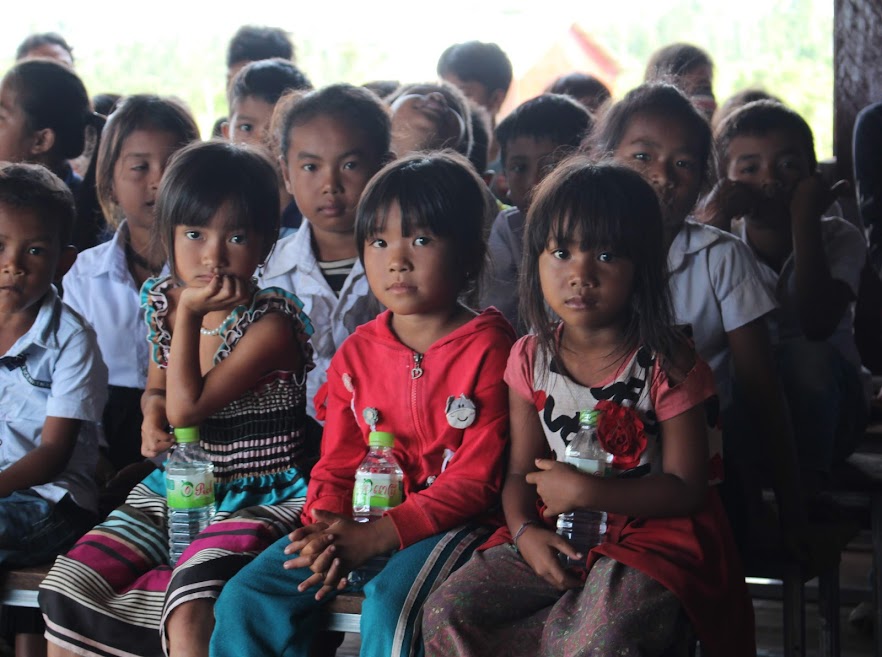
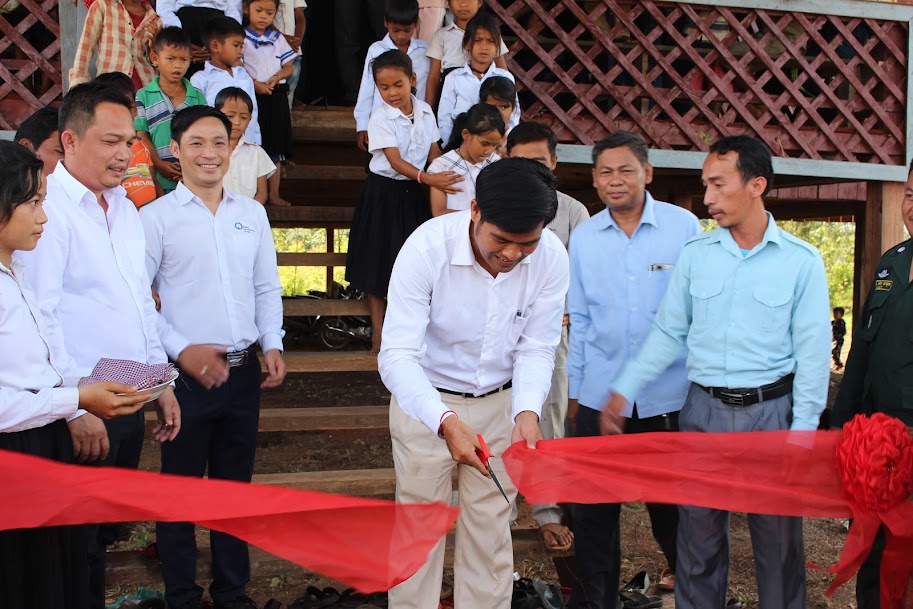
From our work in Cambodia, Myanmar and Nepal, we know the devastating impact that pollution can have upon the environment. We have seen first hand how pollution affects the lives people growing up in rural communities, particularly when these villages are dependent on farming, fishing, and hunting to survive. That's why, this World Environment Day, UWS students decided to take matters into their own hands...
UWS NEPAL CELEBRATES WORLD ENVIRONMENT DAY
On Tuesday 5th of June three UWS Schools in Nepal took a stand against plastic pollution as part of World Environment Day. Witnessing the extent of pollution in their community, students wanted to take action, and took to the streets. In Majhua village, pupils led a protest march against pollution with homemade banners and cardboard signs.
PLANTING THE FUTURE
Deforestation continues to affect life in Nepal, with 1.9% of the country's forest lost on average every year. For people living in rural communities, the impact of this on their life is huge. Healthy land that was supported by surrounding trees and once used for farming is replaced by scrubby bush vegetation. Women and children have to walk further to access good quality firewood that they can use for cooking. Flash flooding is more likely to happen due to the lack of trees.
To highlight these issues, UWS Mude School led a tree planting ceremony to celebrate World Environment Day. Saplings were planted in the school grounds by special guests from Nepal's Community Forest programme and Mude's community leaders.
DANCING AWAY THE RAIN:
UWS Mude School's celebrations for World Environment Day also featured a dance competition, singing, and talks by pupils. Here is a report on the day by our Country Director, Surya Karki:
“Heavy rain almost cancelled the event but thanks to the patience of students, teachers, parents and our guests the day was a success! Loud claps from the audience encouraged children taking part in the dance competition to keep going and brought a smile to everyone's face. Our chief guest (Gopal Katuwal, President of Community Forest) spoke on the need to give serious attention towards protection of environment. He appealed to everyone to work towards a cleaner, greener and sustainable world by creating awareness of environmental issues like plastic pollution and deforestation. The event ended with lunch and prizes given to students from Gopal and our president of the School Support Committee. It was a fantastic day full of inspiring words on how we can take care of the environment, however it was the students who were the real inspiration!”
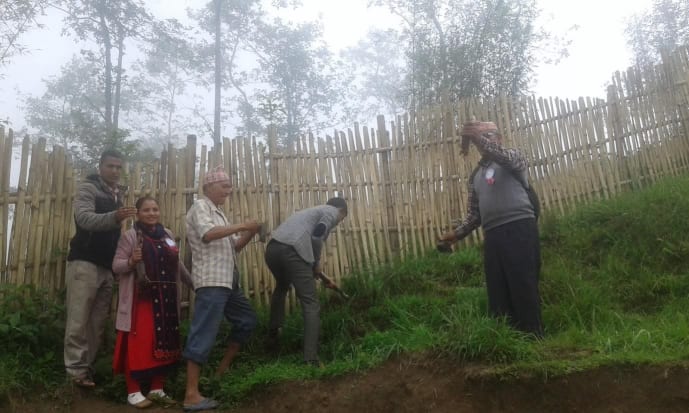
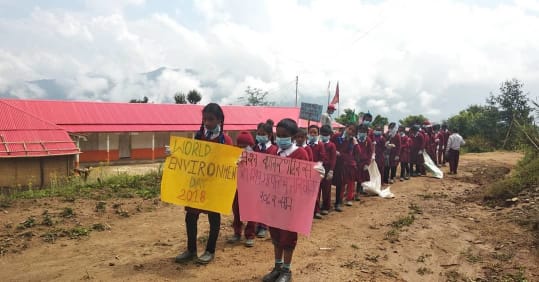
1. SPREAD THE WORD
Every action we have has an impact upon our planet. Let people know why the environment is important, how plastic can impact on nature, and what they can do to take care of it. We can only help the planet if we do it together!
2. IF YOU DON'T REUSE, REFUSE
There are so many things you could do with your plastic bottle rather than just throw it away. Could it be a plant pot? A toothbrush holder? A hanging planter? Or could you use a reusable bottle instead?
3. WASTE LESS, RECYCLE MORE
Plastic waste can be very harmful to people and animals. It can get into the diets of fish, damage the habitat of animals, and can become polluted with disease. By organising a litter pick and remembering to recycle, we can reduce the amount of waste that causes these problems.
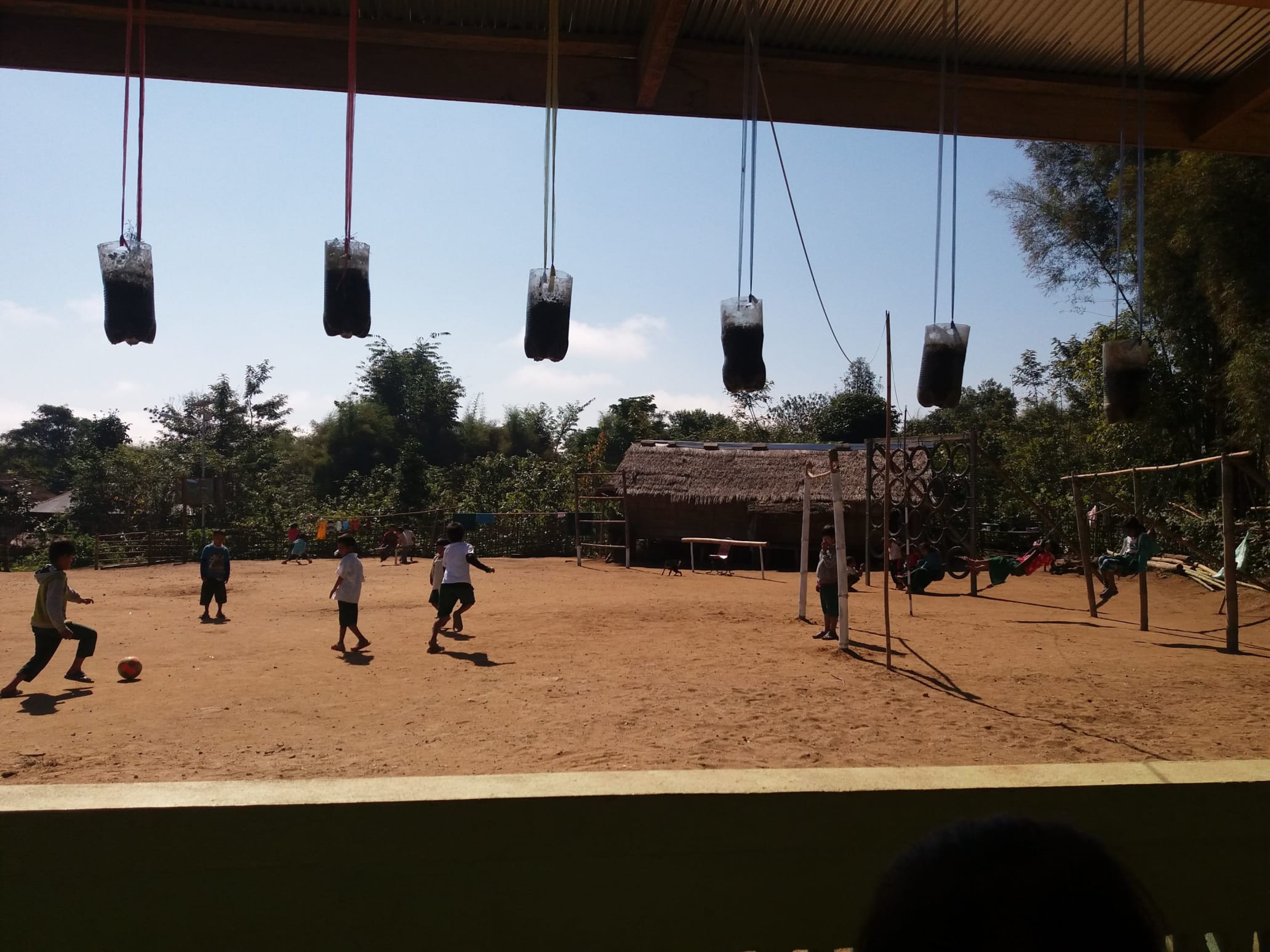
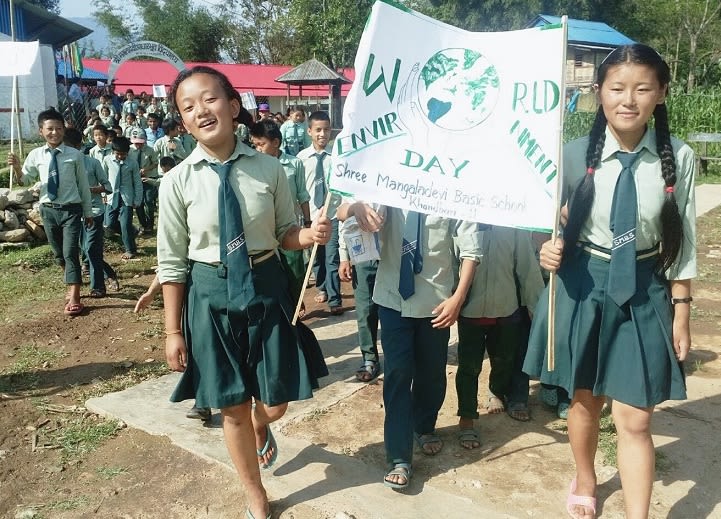
Pollution is threatening the traditional way of life for many children growing up in these remote regions. From fishing villages devastated by the impact of plastic on local marine life, to the hunting and farming communities pushed further into poverty as land is lost to deforestation and jungles are replaced with plantations.
